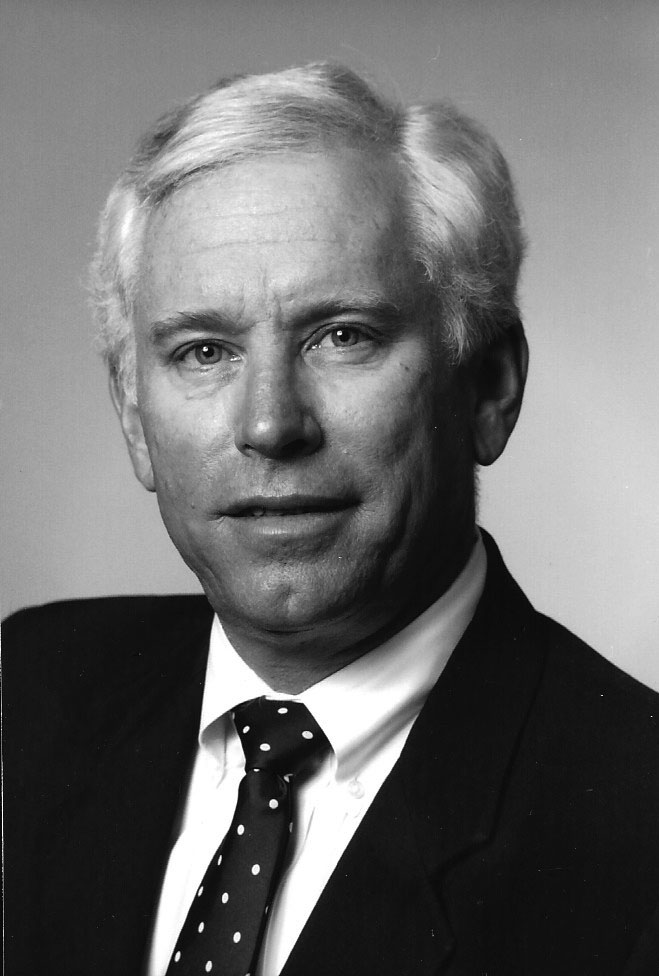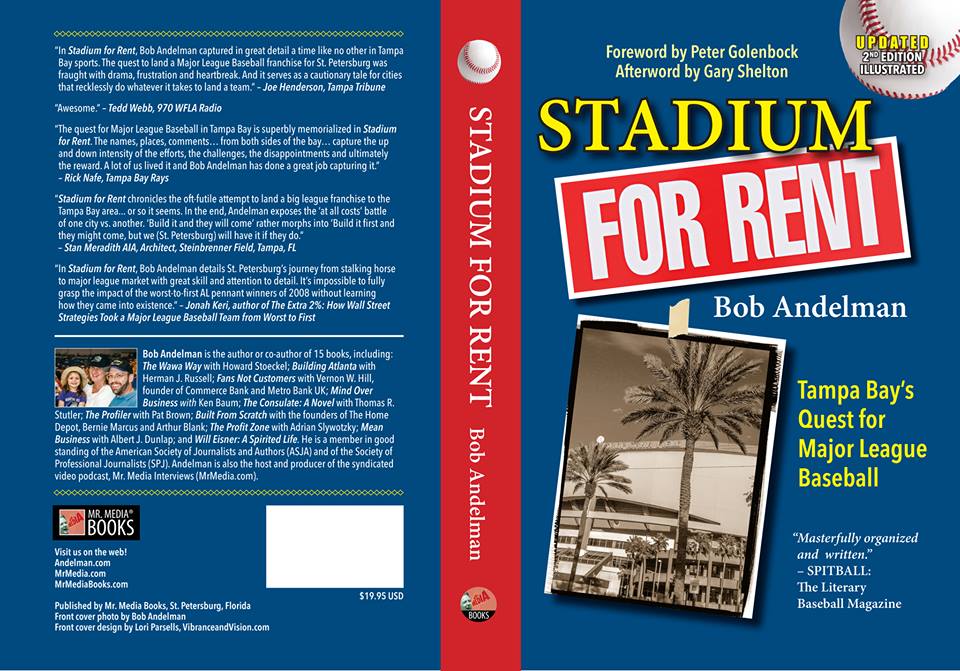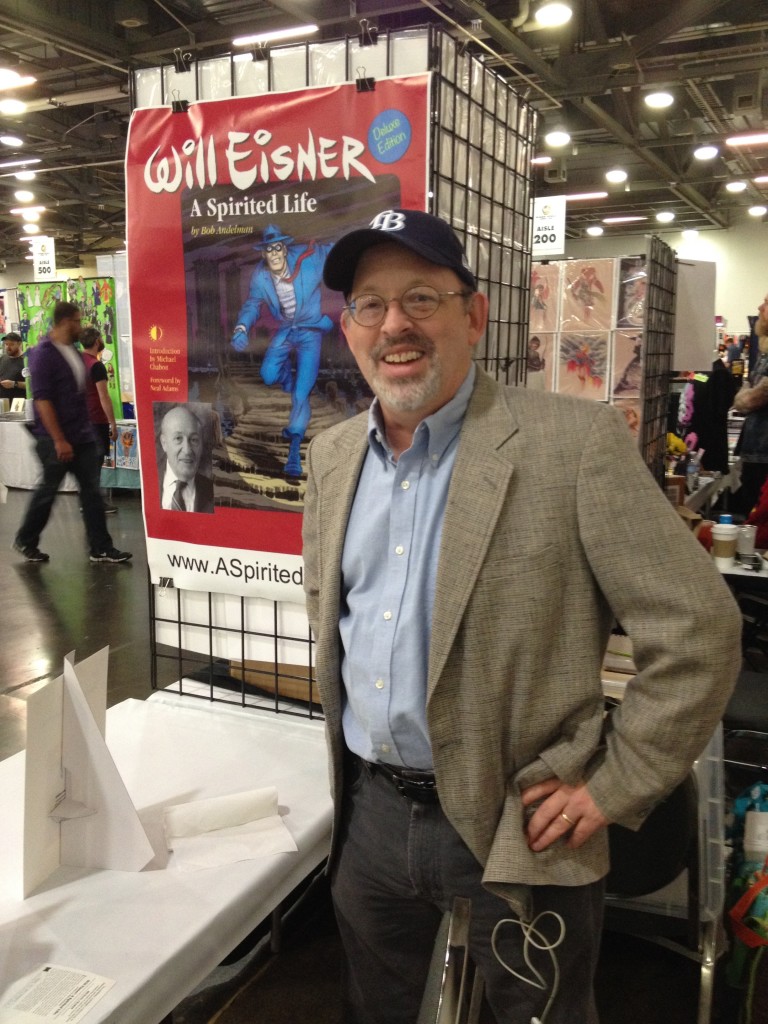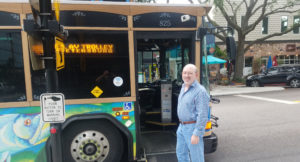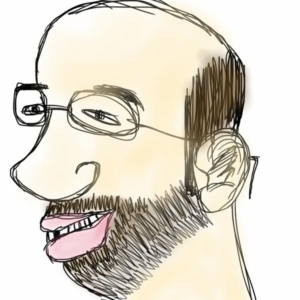(Lance Ringhaver, a prominent Tampa Bay businessman and once a member of the Tampa Bay Baseball Group, died in a car accident on Tuesday, April 5, 2016. I profiled him in my 1993 book, Stadium For Rent: Tampa Bay’s Quest for Major League Baseball, and share that excerpt below. You can read more about him in this Tampa Bay Times story. Rest in peace, Lance.)
Truck dealer Lance Ringhaver once told auto dealer Frank Morsani that if the Tampa Bay Baseball Group ever had room for one more person, or if Frank Morsani ever needed another investor, please call.
In 1990, Morsani called.
“He said he had asked several people and he had an opening,” Ringhaver says. “Mark Bostick had been invited and since I knew Mark, maybe I’d join up, too.”
Ringhaver, an enthusiastic sports booster at his alma mater, the University of Florida, was a baseball fan from way back. He first tasted the game as a bat boy on his father’s company ball team and later played in the Pee Wee League. As he grew up, he loved to watch the game.
In 1961, Ringhaver and his father started Ring Power Corp. in St. Augustine, Florida. The company started as the Caterpillar engine franchise for North and Central Florida, growing to cover 44 of Florida’s 67 counties. Lance Ringhaver became president of the heavy equipment company in 1976 and later added the title of chairman of the board. He operates Ringhaver Equipment Co.’s Central Florida companies out of Tampa and his brother Randal oversees North Florida operations of Ring Power in Jacksonville. Annual sales reached $400-million in 1990.
When the potential to own a piece of a major league franchise arose, it sounded too good to be true. “I initially thought it was fairly profitable,” he says. “Reading about George Steinbrenner, the Yankees, his television contract, it was a pretty picture.”
Ringhaver and the Bostick family were friends over two generations. Ringhaver met Morsani almost as soon as the car dealer came to town. Morsani was easy to know in the community. They also shared a love of the soil and engines. Morsani’s career made him one of Tampa Bay’s leading dealers of new cars; Ringhaver was one of the state’s largest sellers of Caterpillar earth-moving vehicles.
“I liked Lance,” Morsani says. “He was a very genuine guy. No big flair—just get the job done.”
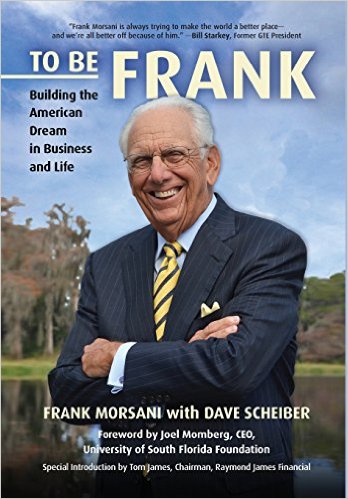
To Be Frank: Building the American Dream in Business and Life by Frank Morsani with Dave Scheiber. Order your copy now by clicking on the book cover above.
The deal Morsani proposed to Ringhaver and Bostick all but cut out his original gang at the TBBG. The new guys would become the majority investors in pursuing an expansion franchise, each taking a 45 percent interest. “They both felt they could handle whatever the figure was. I never got into their finances. I never saw their financial statements,” Morsani says.
“We’d both have gone to the bank,” Ringhaver says of himself and Bostick. “We didn’t have it sitting around. There’s no doubt we’d be pretty well going into hock individually; I’d be going to my pocket, not my company’s.”
The remaining 10 percent would be Morsani’s (less a fraction of the action for the TBBG) as compensation for the time and $2-million he already invested. The remaining $65-million of the expansion fee would be raised by SunBank of Tampa Bay through a limited partnership.
“We always felt that we had to expand the ownership group,” Morsani says.
Morsani says he warned his new partners about the rocky state of his personal finances and that one of his banks might call in a loan. They knew he was in trouble and structured their partnership so that Morsani bore no responsibility for a cash investment. Morsani invited them to the table, knew his way around and possessed a decade of experience with baseball. He was worth a 10 percent stake if the partnership succeeded. Further, Ringhaver and Bostick were prepared to assume the Tampa Bay Baseball Group’s debt if they were awarded a team, greatly reducing the pressure on Morsani.
What mattered most to Ringhaver as an investor was staying in the background. Much as he loved the game, he already ran a demanding company, one that took virtually all of his time and energy, day in and day out. “I never wanted to be a major part of the team but Frank wanted to keep it small. And it was easier to make decisions without a big committee,” Ringhaver says.
The new Morsani group met two or three times a month, sometimes more. Ringhaver’s primary responsibility was to work with Bostick to develop a line of credit for the partnership. Beyond that, Bostick and Morsani handled all the baseball-related responsibilities because they had all the contacts.
